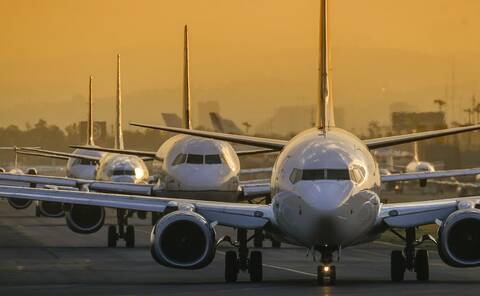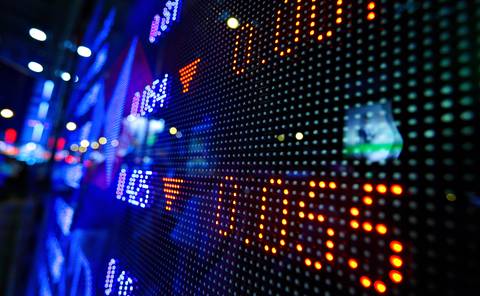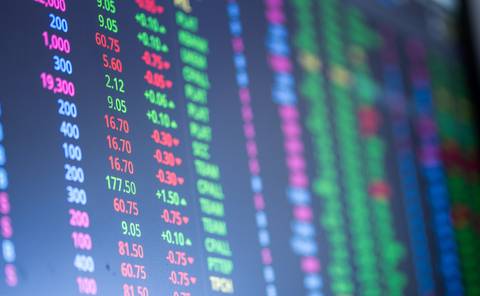Madagascar
Overview
Madagascar, officially the Republic of Madagascar, is an island nation in the Indian Ocean off the south-eastern coast of Africa and is the fourth-largest country island in the world. Madagascar is home to 5% of the world's plant and animal species, of which more than 80% are endemic to Madagascar. They include the lemur, the carnivorous fossa, three bird families and six baobab species, among others.
Economy
The Malagasy economy has traditionally been based on the cultivation of paddy rice, coffee, vanilla and cloves. Agriculture, including fishing and forestry, is a mainstay of the economy, accounting for more than one-fourth of GDP and employing 80% of the population. However, despite a wealth of natural resources and a tourism industry driven by its unique environment, the country remains one of the world's poorest and heavily dependent on foreign aid. Since gaining independence from France in 1960, Madagascar has experienced repeated political instability, including coups, violent unrest and disputed elections. After discarding socialist economic policies in the mid-1990s, Madagascar followed a World Bank- and IMF-led policy of privatization and liberalization that has been undermined since its most recent coup in February 2009 which led to five years of political deadlock, international condemnation and economic sanctions. Despite the return of democratic elections in 2013, the political situation remains fragile. Deforestation and soil erosion, aggravated by the use of firewood as the primary source of fuel, remain serious concerns for Madagascar.
For further information please contact us:












